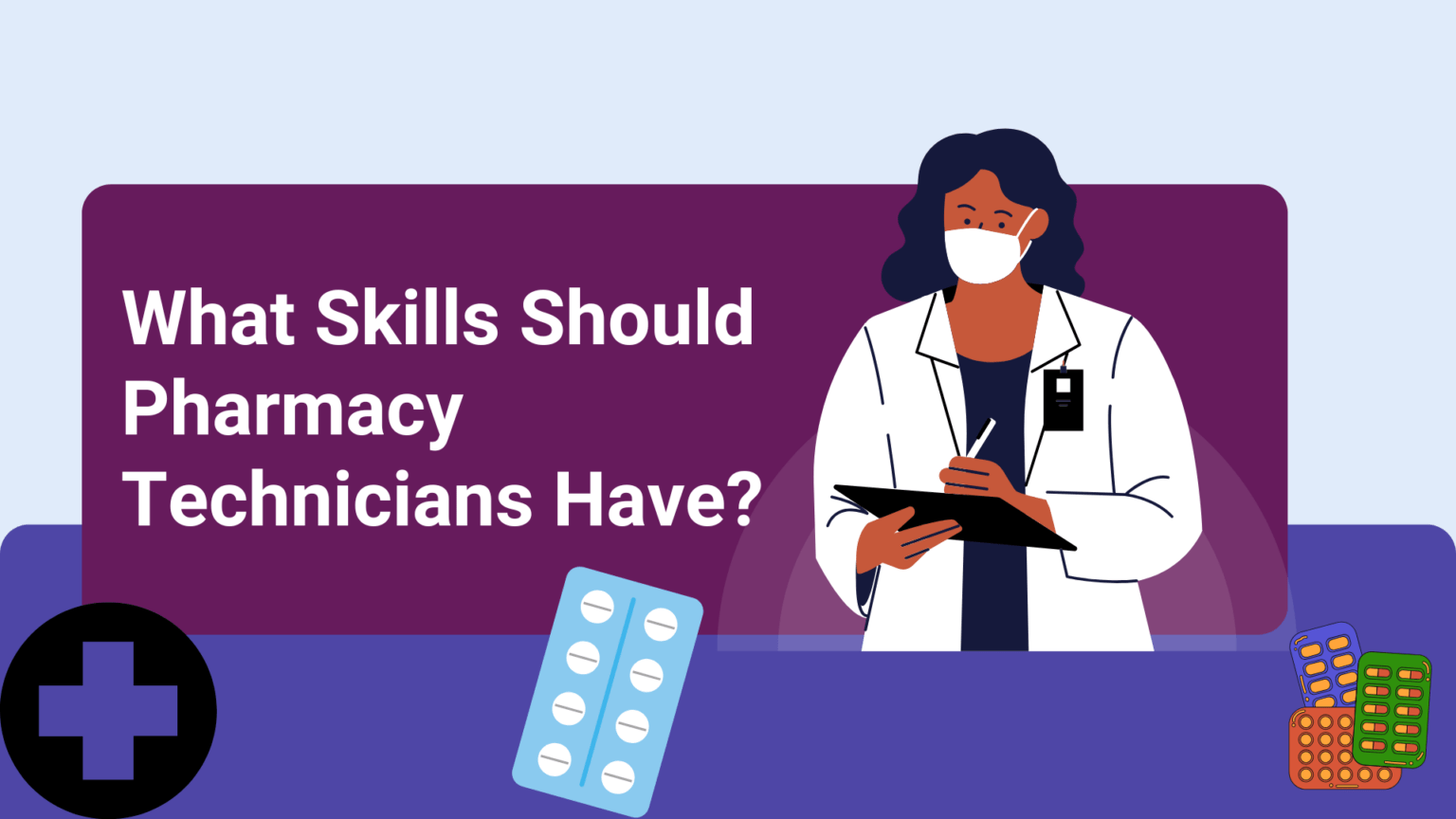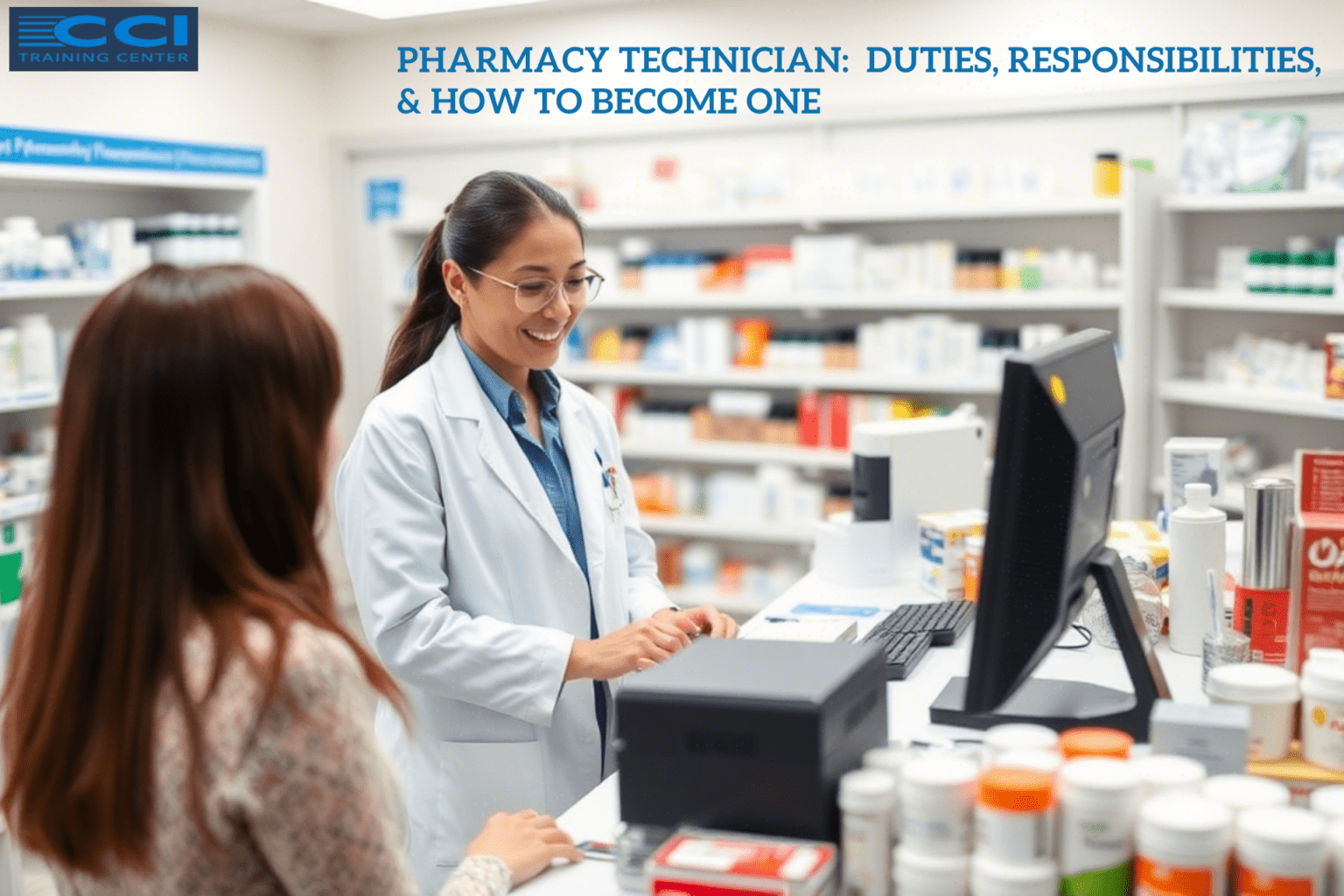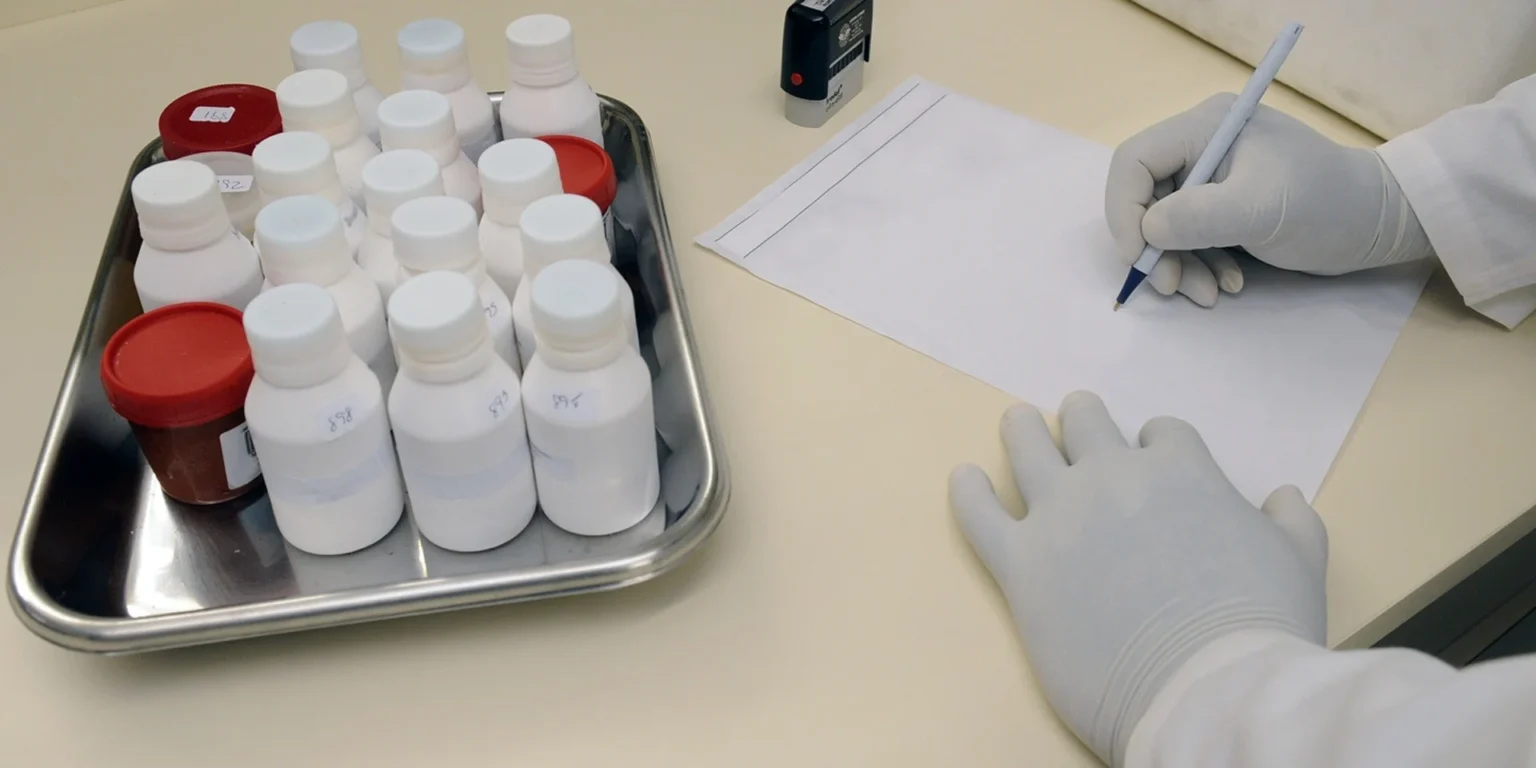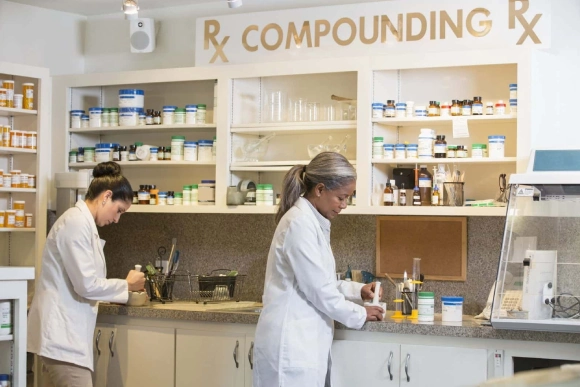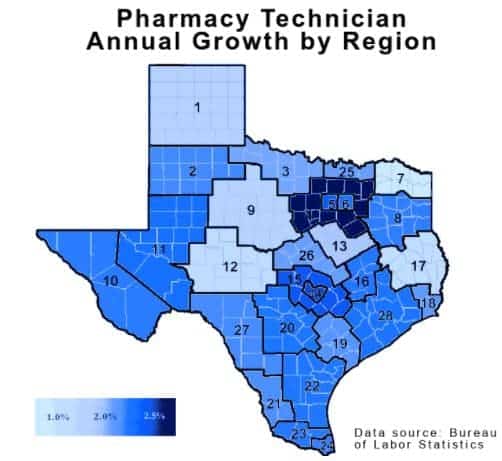Here are a few of the qualities they would find in their ideal candidate.
Employers Want Reliability
“Showing up to work on time!” said Dr. Linda Nguyen. “It’s embarrassing to mention, but nowadays that seems like a really hard characteristic to come by.”
According to Indeed, punctuality is essential to showcase professionalism in any job, but as the coronavirus pandemic creates a huge technology shift to accommodate mail-order pharmaceutical delivery, coupled with the surge of pharmacy foot traffic that occurred the pandemic’s onset, there is no shortage of work to do once a pharmacy technician clocks in. Pharmacists need to know that they can depend on their technicians to show up on time and do what needs to be done.
For Dr. Linda, a reliable pharmacy technician is also one who takes initiative. “I think a lot of times,” she states, “people come and they are just here for a paycheck.”
Pharmaceutical work is not for the employee who wants to do the bare minimum. For a successful career path, a pharmacy technician must devote time and resources to career training and earning their certification and should be prepared to achieve their team’s goals in a timely manner every time they clock in.
The Ability to Stay Open-Minded
When it comes to pharmaceutical methodology, the time for learning doesn’t end when you become a Certified Pharmacy Technician. The bottom line, Dr. Johnny Nguyen says, is that “they need to be teachable—able to learn, open to new ideas and new methods.”
“We want someone who wants to work hard and wants to learn more so they can excel onto the next step.” – Dr. Linda Nguyen, DFW Wellness Pharmacy
A healthy sense of curiosity can create a wider variety of career opportunities for a pharmacy technician who is just starting out.
For instance, investing in more specialized training, such as Sterile Compounding and Aseptic Techniques, creates chances not only to be employed by non-compounding or non-sterile compounding pharmacies, but also by rarer, more specialized sterile compounding pharmacies in the area.
“ […] if someone was to get specialized training,” Dr. Johnny remarks, “I’m pretty sure that there’s an area in the city where they would be able to find employment.”
Prioritize Efficiency
“We look for […] efficiency and the speed at which they work,” Dr. Johnny Nguyen says. In a pharmacy setting, efficiency is made up of good habits developed over time, such as
- limiting distractions
- predicting restocking needs
- maintaining accuracy in order fills
- staying abreast of changes to the pharmacy’s software system
- adapting to work well with all members of the team
At peak times, a pharmacist can easily get in over their head ensuring that every order gets filled. They rely on pharmacy technicians to keep an eye on their surroundings, evaluate the needs of the team, and easily switch tasks to pitch in when necessary.
Honesty is Key
When it comes to compounding medications, a pharmacy technician who thinks they have all the answers is not the kind of person they are looking for.
“There are associates who think ‘I got it,’ and then they don’t, which is kind of scary,” says Dr. Linda. “[…] I think you really need somebody who has good character, is trustworthy, and knows to ask questions if they aren’t sure how something is done.”
Recommended for you
-
Medical Assistant Program
Take our accelerated Medical Assistant with Clinical Labs program at our Arlington campus and start a new career in as little as 8 months!
Radiology Technician Training
Take our accelerated Radiology Technician Training program at our Arlington campus and start a new career in as little as 8 months!
Medical Billing And Coding Specialist Program
Our 100% online accelerated Medical Billing and Coding Specialist Program makes it possible for you to train for a new career in as little as 25 weeks!
Pharmacy Technician Training Program
Our 100% online accelerated Pharmacy Technician Training program makes it possible for you to train for a new career in as little as 25 weeks!
Online Medical Assistant Program
Our 100% online fast track Medical Assistant program makes it possible for you to train for a new career in as little as 6 months!
In compounding, whether sterile or non-sterile, the decisions made by a pharmacy or lab technician have a direct impact on the outcome of a patient. Mistakes can happen anywhere, even a pharmacy, but there is no room for errors that go unaddressed by a technician that can’t admit that there is a problem.
“[…] if they feel like there may be a mistake, [a good pharmacy technician] know[s] how to speak up,” she went on. “That is pretty critical in compounding.”
But most of all…
Drs. Johnny and Linda Nguyen emphasize that right now, pharmacies in Dallas-Fort Worth need pharmacy technicians. Period.
Dr. Linda says, “What we are hurting for is just hard-working technicians or trainees, the ones that are in the heavy day-to-day workflow.”
According to the Bureau of Labor Statistics, the North Texas region is experiencing the highest rate of annual growth for pharmacy technicians in the entire state at an increase of 2.98 percent, with Tarrant and Dallas counties close behind.
If this list makes you think you’re the kind of employee these pharmacists are looking for, the Dallas-Fort Worth area is currently the best place in the state for opportunities to become a pharmacy technician.
Carey Maceira
Related Articles
